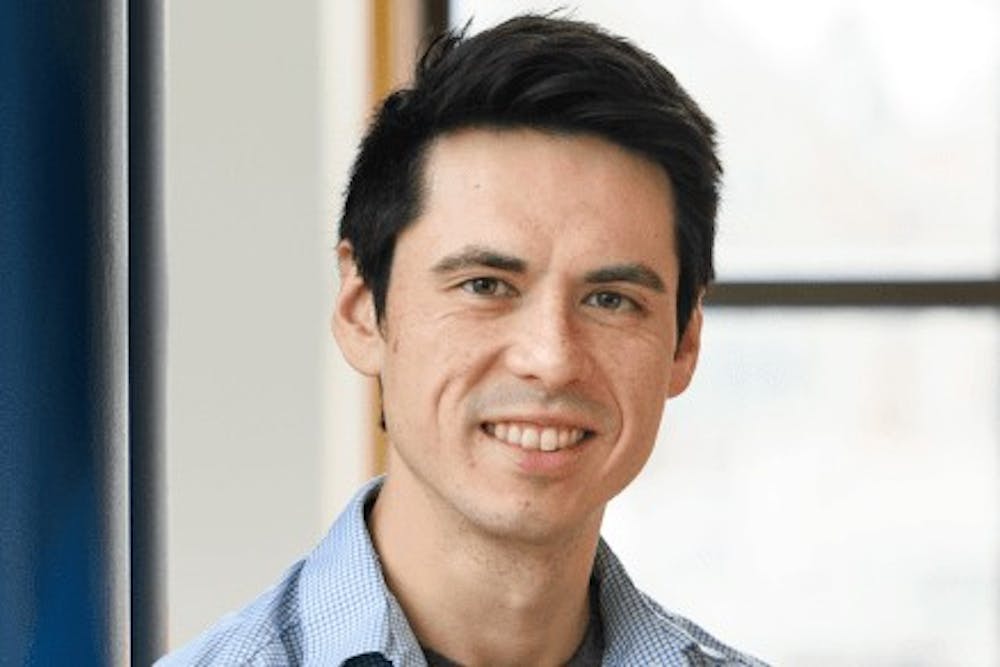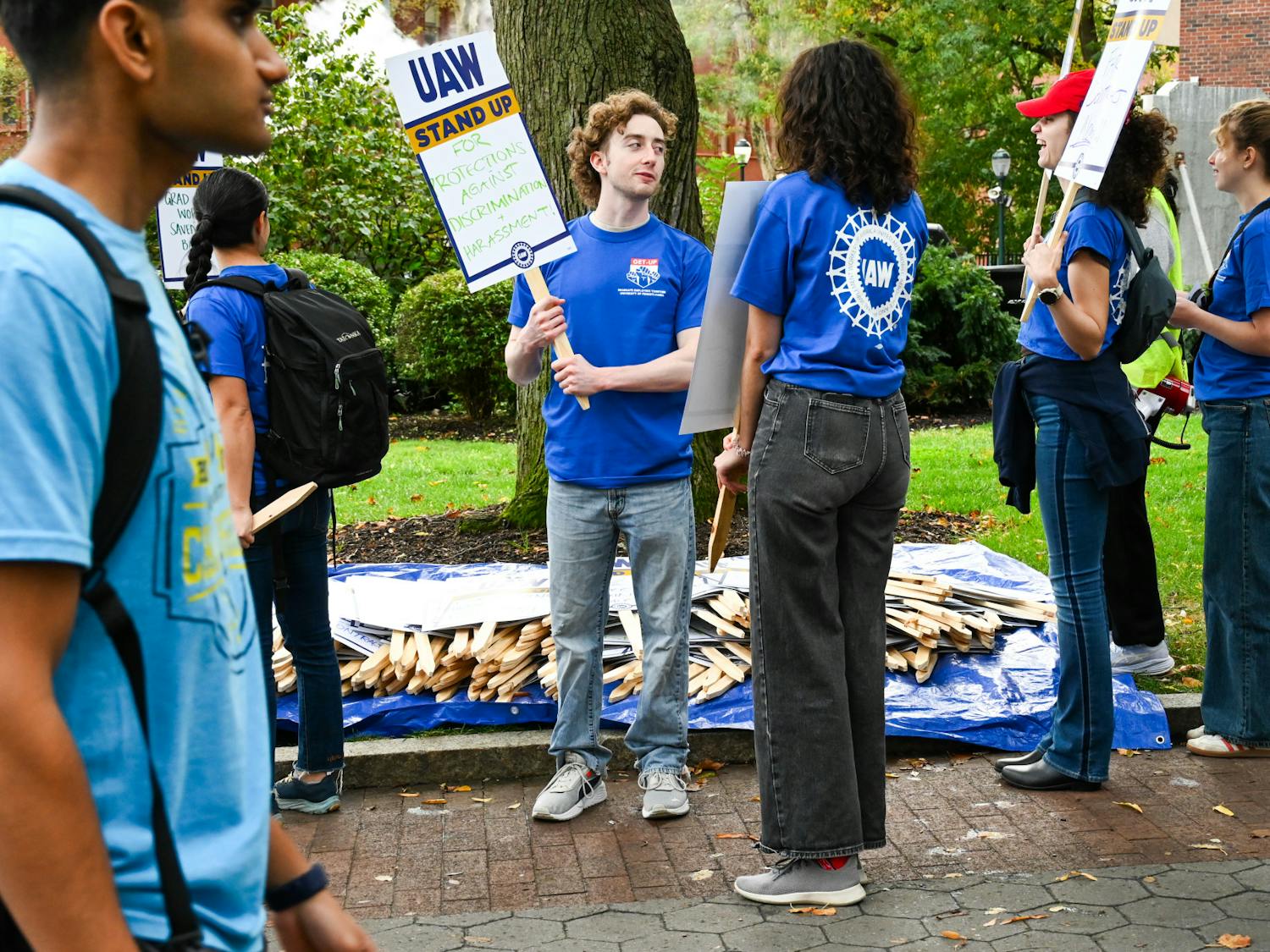NOMIS and Science Magazine partnered to give Wharton professor Dean Knox the first annual Young Explorer Award for his essay on how racial biases affect policing.
The Young Explorer Award was launched in February 2021, and is presented jointly by the NOMIS Foundation and Science Magazine. Applicants must be under 35 years old and submit a 1,000-word essay about their research, which is evaluated by Science editors based on whether the research answers questions in one field of study using the applicant's expertise in another.
As the Grand Prize winner, Knox — an assistant professor in the Operations, Information, and Decisions Department — received a cash prize of $15,000 and is now eligible to submit a proposal for funding from the NOMIS Foundation, Wharton News reported.
In his essay, "Revealing Racial Bias: Causal Inference Can Make Sense of Messy Policing Data," Knox used statistical analysis and causal reasoning to explore the severity of police biases, writing that policing data is provided by police agencies themselves, and so these records are often inconsistent and incomplete.
His proposed solution to analyzing this incomplete data is applying the bounding approach, which allows researchers to analyze data when precise parameter values aren't available.
In the study, Knox found that police from marginalized communities are less likely to use violence or excessive power to respond to minor offenses. Knox wrote in the essay that he is currently in the process of utilizing computer vision and vocal-tone analysis to create a system that will reform records of body camera footage.
In August 2020, Black Penn students told The Daily Pennsylvanian that Penn Police has discriminated against them based on their race. This September, the Department of Public Safety released measures to increase transparency within the Penn Police.
“We all see injustice in the world and we all do what we can to address it,” Knox told Wharton News. “Pushing this research forward, and getting it into the hands of policymakers, is how I can help the most.”









